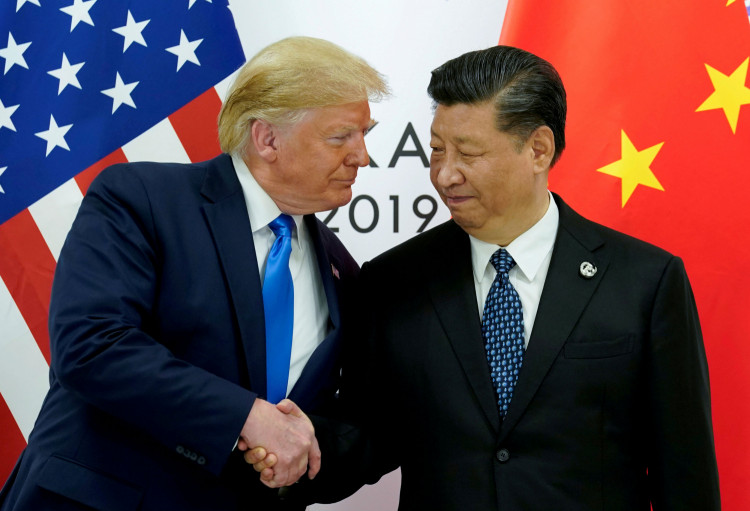Officials from the United States declared a truce in the trade war with China on Friday. Reports have it that the two countries have entered on the terms of a "phase one" trade deal that shrinks the levy on Chinese goods while increasing Chinese purchases of American manufactured goods, energy, farm, and other services in the future.
The agreement, which came after two years of dispute and failed efforts of a resolution, also requires a number of structural changes to China's economic and trade regime in areas of financial services, agriculture, technology transfer, currency and foreign exchange, and intellectual property. Moreover, it establishes an impregnable dispute resolution system that guarantees forcible implementation. The United States, furthermore, agreed to make significant adjustments to its Section 301 tariff actions.
"President Trump has focused on concluding a Phase One agreement that achieves meaningful, fully-enforceable structural changes and begins rebalancing the U.S.-China trade relationship. This unprecedented agreement accomplishes those very significant goals and would not have been possible without the President's strong leadership," United States Trade Representative Robert Lighthizer said in a press release.
Secretary of the Treasury Steven Mnuchin described the Phase One agreement with China as one significant milestone of the Trump administration to advance its economic agenda. "Thanks to the President's leadership, this landmark agreement marks critical progress toward a more balanced trade relationship and a more level playing field for American workers and companies," Mnuchin went on.
President Donald Trump, for his part, took to Twitter to announce the news. "We have agreed to a very large Phase One Deal with China. They have agreed to many structural changes and massive purchases of Agricultural Product, Energy, and Manufactured Goods, plus much more. The 25% Tariffs will remain as is, with 7 1/2% put on much of the remainder...." the POTUS wrote. ".....The Penalty Tariffs set for December 15th will not be charged because of the fact that we made the deal. We will begin negotiations on the Phase Two Deal immediately, rather than waiting until after the 2020 Election," he continued, before describing the agreement as "an amazing deal" for everyone.
Just a few hours after the news broke, the deputy director of the office of the Central Commission for Financial and Economic Affairs revealed that China would no longer be introducing tariffs on U.S. goods since the latter already agreed to decrease parts of tariffs imposed on Chinese products. "China hopes the US will fulfil its commitment," Liao Min said to South China Morning Post exclusively. "Removing tariffs is the core concern of China," he went on.
To recall, the United States decided to impose tariffs on imported goods from China after the findings of the Section 301 investigation were released. The United States Trade Representative found out that several policies, acts, and practices of the Chinese government released to innovation, technology transfer and intellectual property were discriminatory and unreasonable. It even called it as a burden to the U.S. commerce.
The U.S. is expected to retain its 25 percent tariffs on, more or less, $250 billion worth of Chinese imports and 7.5 percent tarrifs on, roughly, $120 billion worth of Chinese imports.





